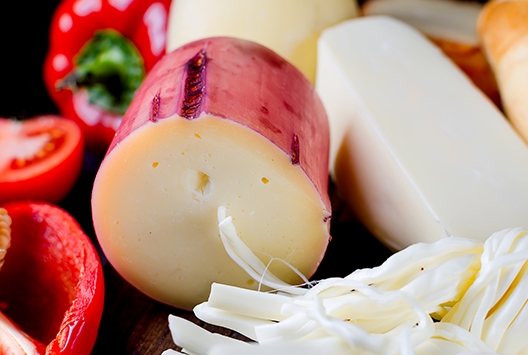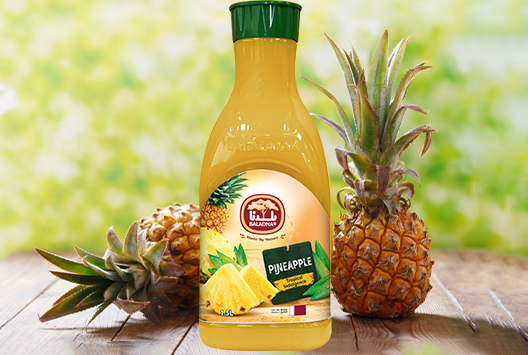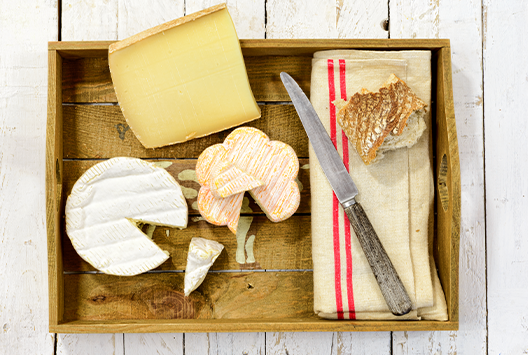
Spreadable Cream Cheese for All Occasions
Similar
Whether you're hosting a brunch, preparing a quick snack, or putting together an elaborate dinner party, Baladna Spreadable Cream Cheese is a must-have in any kitchen. Its creamy texture is unmatched, which is why so many kids (and adults) love it. From elegant appetizers to casual bites, spreadable cream cheese brings a smooth texture and delicious richness to your kitchen creations. Elevate Your Snack Game Need a quick, healthy bite? Spreadable cream cheese pairs beautifully with whole-grain crackers and fresh veggies. The creaminess of the cheese perfectly balances the crisp, refreshing crunch of cucumbers, cherry tomatoes, or bell peppers. For added flavor, you can top it off with a sprinkle of za'atar, and you’ve got a flavorful, nutritious snack in no time. Whether you’re rushing between meetings or packing school lunches, this simple combination offers a satisfying, guilt-free treat. Kid-Friendly Fun Looking for a playful, nutritious snack for the little ones? Spreadable cream cheese pinwheels are the answer. These bite-sized rolls, filled with turkey and veggies of your choice, are a fun and healthy option for kids. Not only are they easy to make, but they also add a bit of excitement to snack time with their fun shape and vibrant colors. They’re perfect for lunchboxes, after-school snacks, or even as a creative addition to a family gathering. A Twist on Tradition If you’re hosting brunch or dinner, impress your guests with something unique. Baladna’s spreadable cream cheese and traditional za'atar pies offer a modern twist on a classic dish. The creamy texture adds a rich contrast to the savory, herb-infused flavor of za'atar, creating a delightful blend that’s sure to please. Mediterranean-Inspired Bites For those moments when you want to impress without the fuss, Baladna’s spreadable cream cheese can easily transform into a more refined snack. Pair it with olives and baguette slices for a Mediterranean-inspired bite that’s both elegant and effortless. The creamy richness of the cheese balances the briny flavor of the olives, creating a snack that feels luxurious yet is incredibly simple to prepare. Serve it as an appetizer at dinner parties or enjoy it for a quiet evening at home. A Final Creamy Note
For even more delicious ways to enjoy spreadable cream cheese, explore Baladna's full range of products and recipe ideas. Visit our website today to discover how Baladna can boost your everyday meals and snacks.



